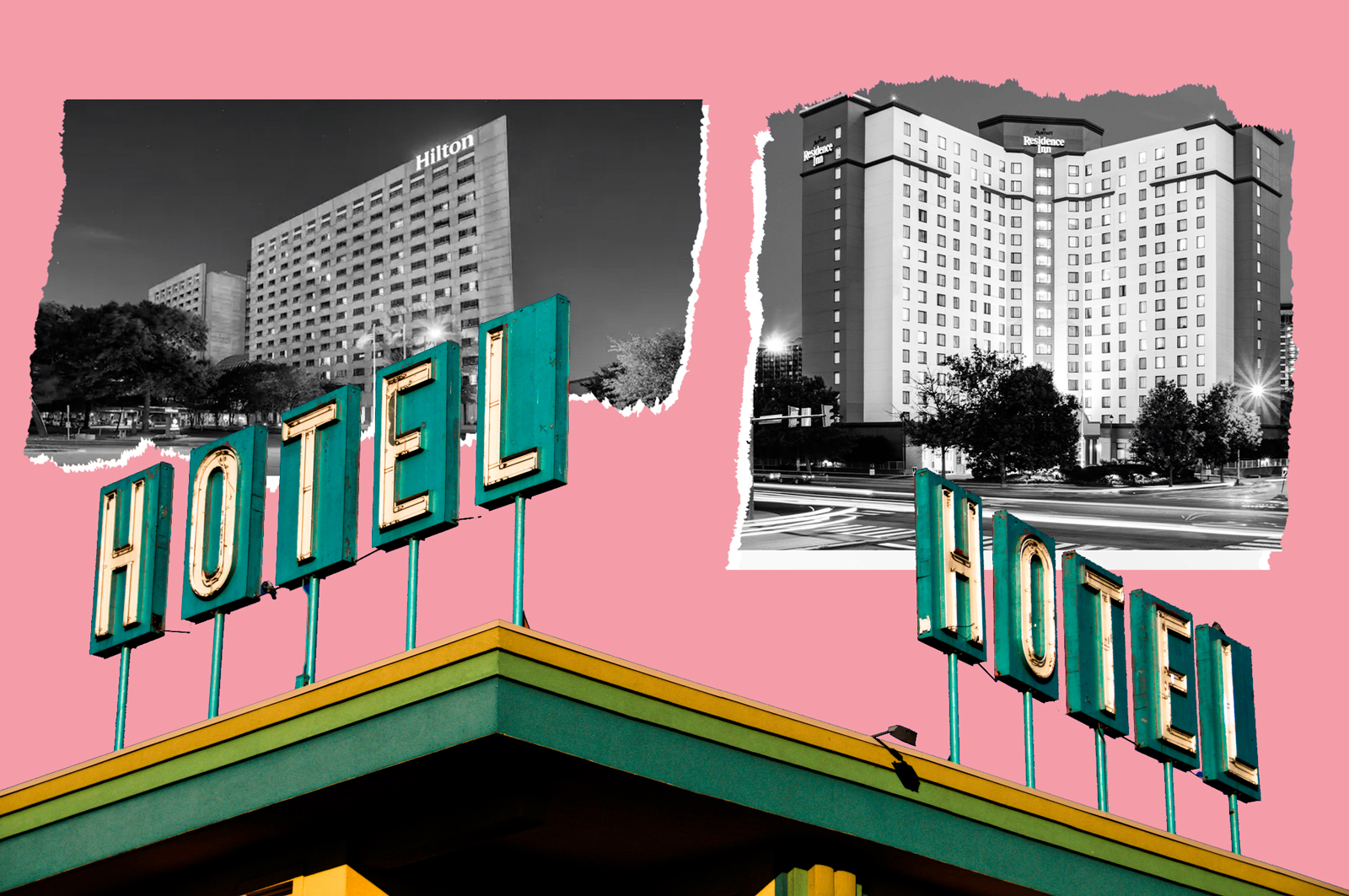Trending
Here are the markets where hotels are hurting the most
Trepp data shows impact of Covid-19 has been uneven across US and by hotel type

Nearly $31 billion in outstanding CMBS hotel loans — more than a third of the total — is due to mature in 2021.
That’s according to a new report from Trepp, which found that 3,100 hotel loans totaled $87 billion, about 16 percent of the total outstanding balance of all CMBS loans.
Lodging properties have been one of the hardest hit property types alongside retail, and though recent news about vaccine development appears promising, the nationwide surge in coronavirus cases and approaching winter months still present headwinds in the short term.
“Major players in the hotel segment have been forced to reassess the value of their properties and have shown an increasing willingness to give up ownership,” according to the Trepp report, pointing to Monty Bennett’s Ashford Hospitality Trust as a prime example. The hotel REIT has been selling off assets in recent months and has expressed readiness to hand delinquent properties back to its lenders.
The impact of Covid-19 on hotels has been geographically uneven, as the chart below shows. While major metros like New York, Los Angeles and Chicago all have more than a billion dollars each in delinquent loans, Miami — with more than $4.3 billion in outstanding CMBS hotel debt — only has $363 million in loans behind on payments.
In proportion to the size of its hotel market, Houston stands out as one of the most hard-hit cities with 76 percent of hotel CMBS loans facing delinquency, due to the pandemic’s impact on the oil industry. Trepp’s report notes that the cancellation of “large revenue-driving energy conferences” has had a big impact on the city’s hotels.
Hotels in Portland, Oregon, are also facing an unusually high rate of CMBS hotel loan delinquencies, accounting for 78 percent of the city’s total balance. On top of the pandemic, the city struggled with hazardous levels of wildfire smoke in the late summer, and gained nationwide notoriety for violent clashes in the wake of the summer’s Black Lives Matter protests.
Different types of hotels have also been affected differently by the pandemic, with limited-service hotels facing higher rates of delinquency than extended stay and full-service hotels. A CBRE research report cited by Trepp shows that rural and mid- to lower-tier hotels have fared better on average than their urban or upper-tier counterparts.
Read more
While the delinquency rate for hotels — and the CMBS sector overall — has come down from its summer peak as forbearance agreements have come into effect, the proportion of loans in special servicing has remained above 25 percent. Meanwhile, hotels that have been reappraised since March have on average seen their values sliced by nearly 30 percent.
“Liquidity pressures are at record highs and recovery can’t come soon enough. Values have declined and the effects of the pandemic will likely be felt for years to come,” CBRE analysts write in their report, while professing optimism that the sector will eventually rebound as it has many times in the past.







